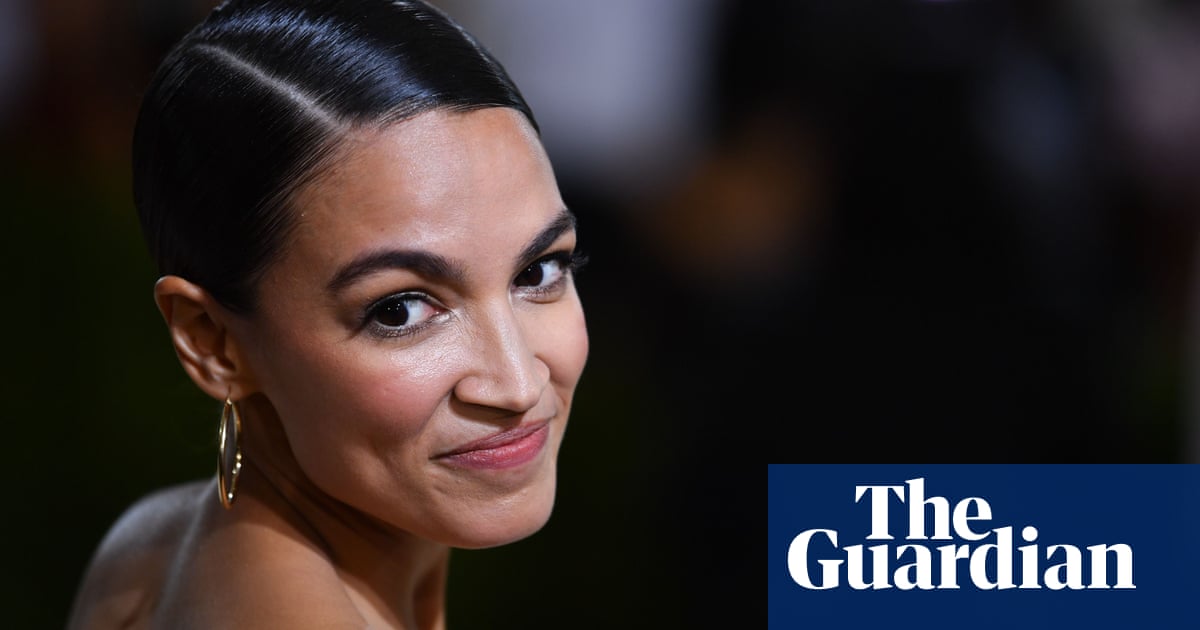
Last week the end-to-end rape review was published, with the government issuing an apology to victims, acknowledging widespread criminal justice system failures that have led to the decriminalisation of rape. Will this apology make a meaningful difference to the many Black and ethnic minority survivors of rape and sexual abuse who encounter discriminatory attitudes, stereotyping and poor treatment from criminal justice agencies?
Through our research at Imkaan (a network that connects organisations led by and for Black and ethnic minority women) with survivors and specialist frontline organisations, we know there are huge disparities in the way the criminal justice system treats victims. Black and ethnic minority women are more likely to be criminalised and viewed as complicit in violence perpetrated against them. They are less likely to be considered “victims” of sexual violence and can experience harmful assumptions from professionals who pathologise violence as part of a “cultural norm”.
Black, ethnic minority, disabled and LGBTQ+ groups are less likely to report crimes to the police in the first instance because of this negative treatment. In a recent survey by the office of the victims’ commissioner, rape survivors shared the reasons they did not make a police report – the majority did not think they would be believed. Many survivors highlighted past experiences of racism, sexism and/or bias as important factors that influenced their decision not to report.
“Sophie”, a young Black woman, was told that her rape case had been closed because of a lack of evidence, but this outcome wasn’t inevitable. Soon after giving her initial statement to the police, she felt they had cast her as “an angry, young Black woman” who must have brought the violence on herself. This racist stereotyping prevented her fully engaging and the case proceeding. Not being believed left her retraumatised, suicidal and heavily dependent on prescription drugs for many years before she received specialist help.
Migrant women often fear the consequences of seeking help for rape because of the hostile environment and the risk of immigration enforcement and detention. Even if their cases proceed, they will face more scrutiny. Judges and courts often see their cases as less “genuine”, and perceive that their allegations are being used to strengthen their immigration case.
Research shows that if the perpetrator of sexual violence is white and the victim is from a Black or ethnic minority group, the offence is 11 times more likely to be given a “no crime” label and therefore less likely to be prosecuted in comparison to cases where the victim is white. Specialist advocates tell us that they spend significant parts of their working day preparing and supporting victims to cope with the added trauma they suffer from facing sexism, racism, classism and discrimination from courts, juries and poor case outcomes.
The review does go some way in identifying “ethnic minorities, disabled and LGBT victims as having lower confidence”, and promises to increase victim confidence in the police and CPS. However, just a few months ago we were told that institutional racism did not exist. That the government has recognised that victims have differential experiences of justice goes against the very outcomes of the Sewell report. In the absence of a specific strategy, accountable actions, leadership and political will on these issues, it is difficult to imagine how justice outcomes would improve for those who experience inequality.
Black and ethnic minority specialist organisations entered the pandemic with a 39% funding deficit because of systemic defunding and disproportionate austerity measures. These services are so vital for victims who need specialist support. In a survey of survivors accessing help from the Positive Change Partnership, a coalition of specialist Black and ethnic minority-led organisations in the north of England, 100% of those questioned felt their experiences of sexual violence were heard and understood as a consequence of receiving advocacy, counselling and support with housing, immigration, children and health from these services.
We need a criminal justice system that meaningfully addresses systemic inequalities. We need to better understand who doesn’t report and why; investment in educational and preventive initiatives; and ring-fenced funding to provide long-term and sustained support. Listening to the voices of the most marginalised and excluded should be at the heart of improving any system – unfortunately this was not a focus of this review and until it is, a two-tier system that fails victims of sexual violence will continue.
Sumanta Roy is head of research, evaluation and development at women’s organisation Imkaan
In the UK, Rape Crisis offers support for rape and sexual abuse on 0808 802 9999 in England and Wales, 0808 801 0302 in Scotland, or 0800 0246 991 in Northern Ireland. In the US, Rainn offers support on 800-656-4673. In Australia, support is available at 1800Respect (1800 737 732). Other international helplines can be found at ibiblio.org/rcip/internl.html












